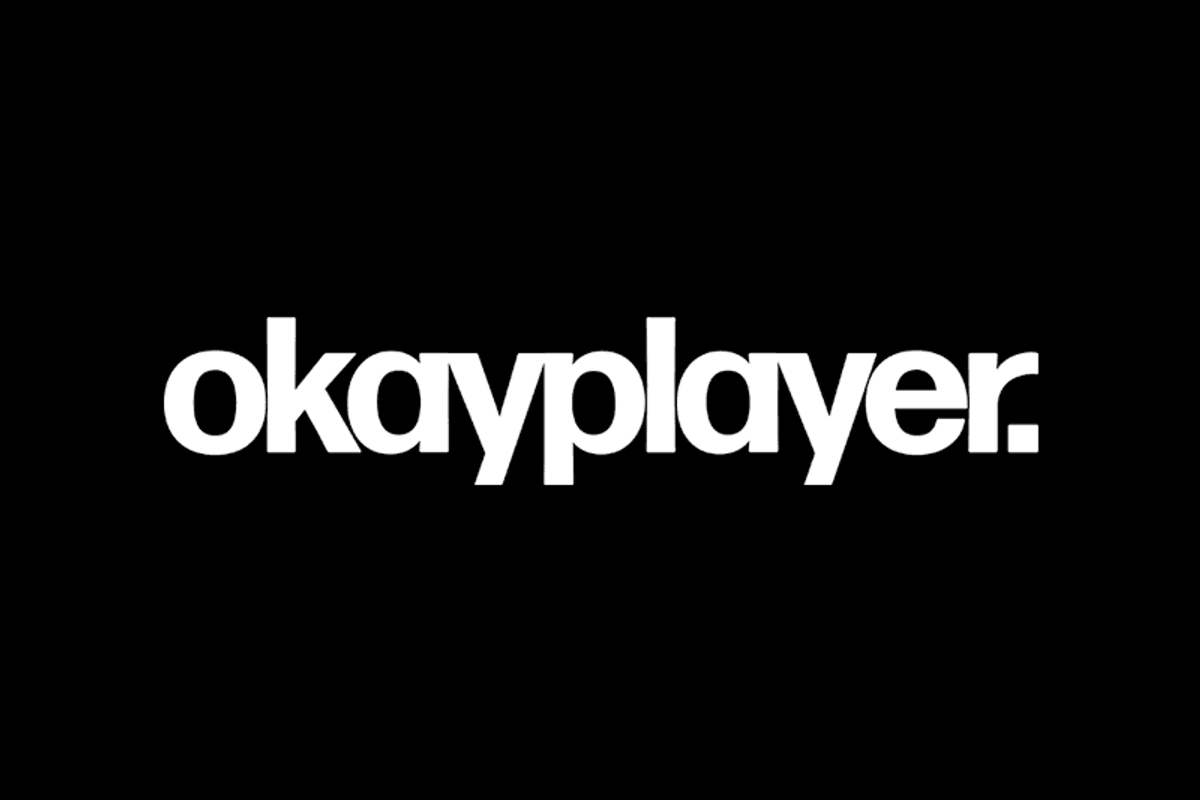
Nate Parker Talks Rape Case, Consent And Toxic Masculinity With Ebony
To continue reading
Create a free account or sign in to unlock more free articles.
By continuing, you agree to the Terms of Service and acknowledge our Privacy Policy
Register
The content is free, but you must be subscribed to Okayplayer to continue reading.
THANK YOU FOR SUBSCRIBING
Join our newsletter family to stay tapped into the latest in Hip Hop culture!
Login
To continue reading login to your account.
Forgot your password?
Please enter the email address you use for your account so we can send you a link to reset your password:

Nate Parker
Filmmaker/actor Nate Parker’s rape case from 17 years ago and whether Birth of a Nation, his film about Nat Turner’s slave rebellion, should be supported has been the center of conversation in recent weeks. In a new exclusive interview with Ebony, Parker makes an attempt to publicly address the issue.
In the interview, Parker uses buzzword language like “male privilege” and “toxic masculinity.” But perhaps the key part of the story is when he describes his perspective while he was in college.
Parker repeats the “no means no” stance against forcible rape, which is generally free of controversy. But he also illustrates the miseducation behind what consent really means. Advocates define consent as a clear yes, and emphasize that a person is incapable of consenting if they are under the influence or unconscious. But Parker admitted that when he was in college, that his mentality was, “if you can get a girl to say yes, you win. … Back then when I was young and we were out being dogs it was about is she down?”
“Let me be the first to say, I can’t remember ever having a conversation about the definition of consent when I was a kid,” he continued. “…I’m 36 years old and I’m learning about definitions that I should have known when I started having sex.”
He doesn't speak about his own case in specific terms, which will likely be chastised as refusing to take full accountability on his part. And what he said isn’t a novel perspective: plenty of boys were brought up to behave the same way in college. But the interview helps open a long overdue conversation about what consent means, and just how deep of an impact rape culture has on how sex is misunderstood.
Parker also admits that his early comments about the case were cold and selfish. When he was initially asked about the case in an interview with Variety, he simply said, “Seventeen years ago, I experienced a very painful moment in my life. It resulted in it being litigated. I was cleared of it. That’s that.” That interview launched the recent weeks of backlash. He later made a Facebook post singing a different tune, and continued in his conversation with Ebony.
“I was acting as if I was the victim because I felt like, my only thought was I’m innocent and everyone needs to know. I didn’t even think for a second about her, not even for a second,” Parker said. “…Why didn’t it come off more empathetic? Because I wasn’t being empathetic. Why didn’t it come off more contrite? Because I wasn’t being contrite. Maybe I was being even arrogant. And learning about her passing shook me, it really did. It really shook me.”
He also said he wanted to be a leader on the issue, and added, near the end of the interview, “you will know my commitment by the next few steps.”
The Ebony interview goes a long way from Parker’s lack of remorse before. But will it be enough, or is it too little too late? Will more people see him as someone who was miseducated about consent and deserves a shot at redemption? Or will they believe that an accused rapist shouldn’t have his film supported, and that this interview is an insincere attempt at damage control? It will definitely be something to pay attention to in the coming months.